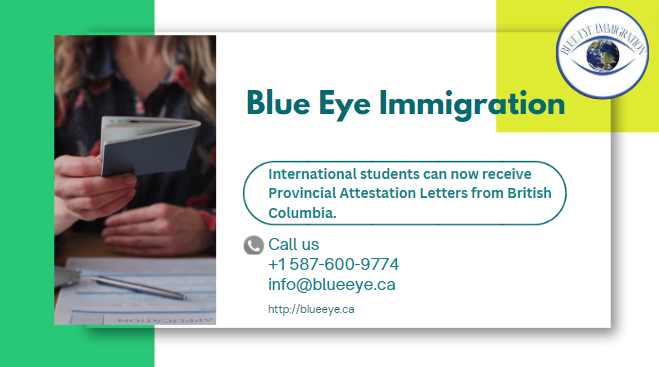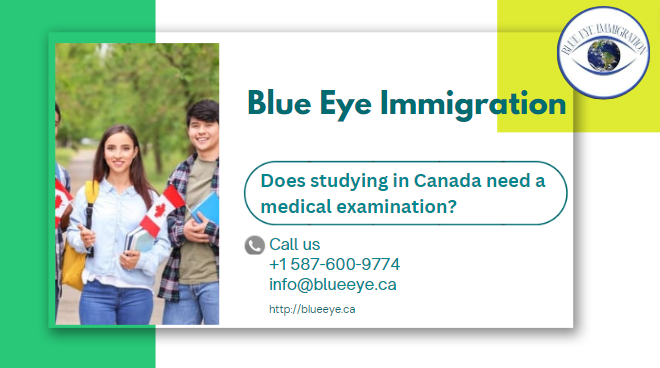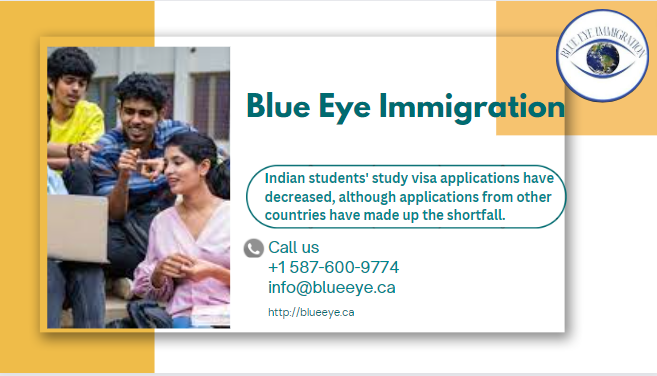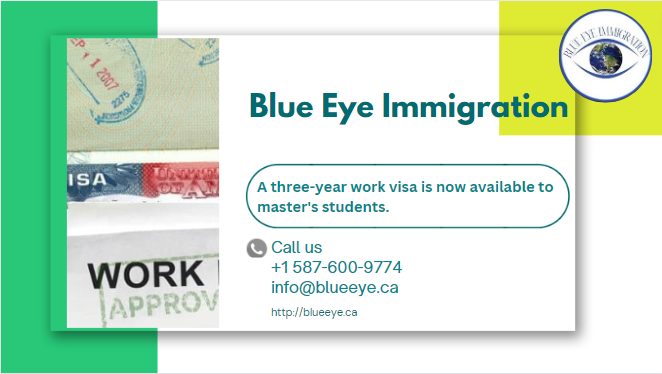The Provincial Attestation Letter (PAL) system for British Columbia is operational as of March 4, 2024.
In order to demonstrate that they have been admitted into a Designated Learning Institution (DLI) within the parameters of its allotment, international students need to include a PAL with their study visa application. According to the government of British Columbia, institutions get PALs from the provincial government, which they subsequently forward to the overseas applicant.
According to Immigration, Refugees and Citizenship Canada (IRCC), 83,000 applications for undergraduate study permits have been approved for B.C. The province adds, “The federal government anticipates this to result in around 50,000 approved study permit applications for 2024 based on recent acceptance rates.”
In contrast, 97,000 study permit applications for undergraduate programs in British Columbia were received last year, with around 60,000 of those applications being granted.
According to the province, 47% of PALs will go to private universities and 53% will go to public post-secondary schools. This means that there will be 27% fewer study permit applications for private colleges than there were in 2023. According to B.C., the cutback is intended to thwart “unsustainable growth.”
The PAL system in British Columbia is the first to be made available after the IRCC announced a restriction on the quantity of study permits it will provide in 2024. It’s anticipated that more provinces would quickly follow suit in order to fulfill the March 31 deadline.
The IRCC’s study permit application cap
The IRCC announced on January 22, 2023, that it would now only be issuing up to 360,000 new study permits in 2024—a 35% decrease from 2023 levels.
The cap does not apply to master’s or doctorate degree applications or the renewal of study permits.
The agency stated that study permits will be distributed to the provinces according to population at the announcement. With almost 5.6 million residents, British Columbia is the third most populated province in Canada, according to Statistics Canada’s population figures.
The agency also disclosed impending modifications to Spousal Open Work Permits (SOWP) and modifications to the qualifying requirements for Post Graduation Work Permits (PGWPs) in addition to the cap. Generally speaking, wives or partners of foreign students enrolled in undergraduate programs will no longer be qualified for a SOWP. Still, this hasn’t been put into practice.
“Growth that is not sustainable”
Following many statements made by Immigration Minister Marc Miller about the unviability of Canada’s overseas student program, the cap was put into place.
In 2023, there were more over a million active study permits in Canada, despite the nation’s ongoing struggle to find cheap housing. As a result, a large number of foreign students are either homeless or living in subpar conditions.
“There are the diploma equivalent of puppy mills that are just churning out diplomas, and this is not a legitimate student experience,” the minister clarified.
The minister said that even while foreign students paid substantially more in tuition than domestic students, they were not receiving sufficient assistance because of the “permissive” DLI models in some areas. The IRCC claims that the cap will reduce the revenue of systemic bad actors, therefore targeting them.
Additional alterations to BC’s program for overseas students
According to B.C.’s press release, given that private institutions normally enjoy less scrutiny than public institutions, the cap is expected to have the greatest effect on them. In addition, the province unveiled a set of policies earlier this year to counteract the uncontrollably expanding provincial program for overseas students.
For instance, until February 2026, the province will not approve new post-secondary schools looking to admit overseas students. Additionally, it promises to “ensure private degree programs meet higher standards for approval, including appropriate resources and student supports, demonstrated labor-market need for graduates, and higher assessment criteria for degree quality.”
In an effort to better prepare students for life as a student in British Columbia, private institution students now have to meet additional minimal language requirements.



